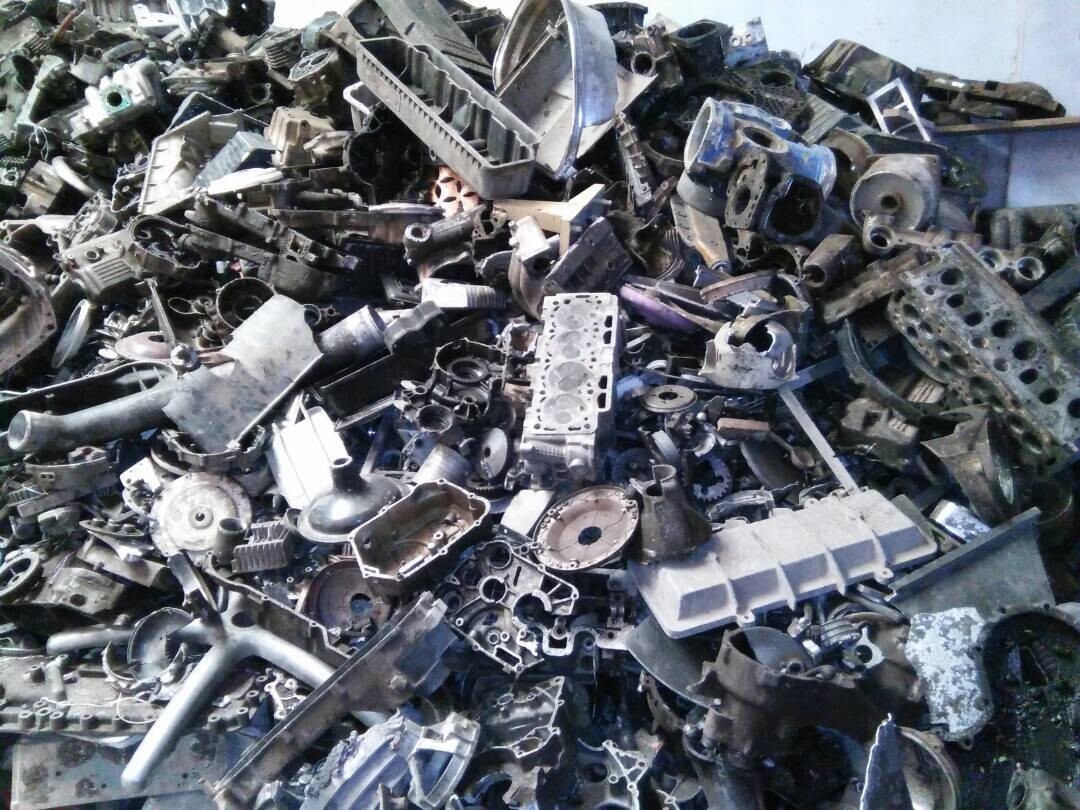

On Tuesday, SMM ADC12 prices held steady at RMB 20,750 per tonne. Post-September regional tax rebate policies remain unclear, with thick wait-and-see sentiment prevailing in the secondary aluminium market. Tight raw material supply further bolstered firm producer offers on cost support. Demand side, approaching traditional peak season drove a slight recovery in downstream procurement, but high prices capped transaction volumes, leaving actual demand mediocre.

9.3 SMM Morning Comment on Cast Aluminium Alloy
Futures: The most-traded cast aluminium alloy AD2511 futures contract opened at RMB 20,280 per tonne overnight, hitting a high of RMB 20,435 per tonne and a low of RMB 20,230 per tonne, before closing at RMB 20,405 per tonne, up 105 RMB per tonne (0.52 per cent) from the previous close. Trading volume stood at 1,210 lots with open interest at 8,051 lots, dominated by short position reductions.
Basis report: According to SMM data, the theoretical premium of SMM ADC12 spot price over the closing price of the most-traded cast aluminium alloy AD2511 futures contract at 10:15 on September 2 was RMB 410 per tonne.
Aluminium scrap: Spot primary aluminium prices rebounded W-o-W on Tuesday, with SMM A00 aluminium closing at RMB 20,710 per tonne, while aluminium scrap market prices followed the uptrend. As the traditional peak season begins, orders at some downstream scrap utilisation enterprises recovered. However, tight supply remained the dominant theme in the scrap market, keeping procurement prices elevated and generally tracking aluminium price movements.
Yesterday, baled UBC was mainly quoted at RMB 15,500-16,000 per tonne (ex-tax), while shredded aluminium tensile scrap (priced based on aluminium content) was mainly quoted at RMB 17,000-17,500 per tonne (ex-tax). Baled UBC rose RMB 50 per tonne D-o-D, while shredded aluminium tensile scrap held flat D-o-D. In Jiangxi, scrap aluminium quotations continued to adjust today with notable divergences—wheel hub prices fell RMB 200 per tonne while wrought aluminium alloy scrap prices rose RMB 100 per tonne, showing initial signs of policy impacts. Price spreads: The Foshan price difference between A00 aluminium and mixed aluminium extrusion scrap free of paint widened RMB 80 per tonne D-o-D to RMB 2,020 per tonne, while the Shanghai price difference between A00 aluminium and mechanical casting aluminium scrap expanded RMB 90 per tonne D-o-D to RMB 1,972 per tonne.
Silicon metal: Yesterday, SMM oxygen-blown #553 silicon in east China traded at RMB 9,000-9,200 per tonne, up RMB 50 per tonne D-o-D. In futures, the most-traded SI2511 contract opened at RMB 8,480 per tonne, peaked at RMB 8,590 per tonne, bottomed at RMB 8,440 per tonne, and settled at RMB 8,470 per tonne, up RMB 95 per tonne from the previous session. Industrial silicon futures overall showed stronger performance than on Monday, with some traders raising offers slightly. However, downstream buyers procured at earlier low prices and showed limited interest in higher-priced material, resulting in heavy price-bargaining sentiment and thin trading volume.
Overseas markets: Current overseas ADC12 offers stood at USD 2,490-2,520 per tonne, with import parity maintained around RMB 300 per tonne. Thailand’s local ex-tax ADC12 quotes temporarily held at 83-84 baht per kg.
Inventory: According to SMM statistics, the daily social inventory of secondary aluminium alloy ingots in Foshan, Ningbo, and Wuxi totalled 33,928 tonne on September 3, up 148 tonne D-o-D and 1,314 tonne W-o-W from August 26.
Summary: On Tuesday, the SMM ADC12 price held steady at RMB 20,750 per tonne. After September, the regional tax rebate policy remains unclear, and the secondary aluminium market is dominated by a wait-and-see sentiment. Coupled with tight raw material supply, cost support has kept manufacturers' offers firm. On the demand side, the approaching traditional peak season has driven a slight recovery in downstream procurement, but high prices have restrained transaction volumes, and actual demand remains mediocre. In the short term, the ADC12 price is expected to continue fluctuating upward, supported by cost pressures, low inventory, and policy factors. However, slow demand recovery may limit upside room. Going forward, close attention should be paid to the progress of policy implementation, the recovery of aluminium scrap supply, and marginal changes in end-use demand.
Note: This article has been issued by SMM and has been published by AL Circle with its original information without any modifications or edits to the core subject/data.
Responses








